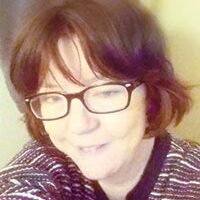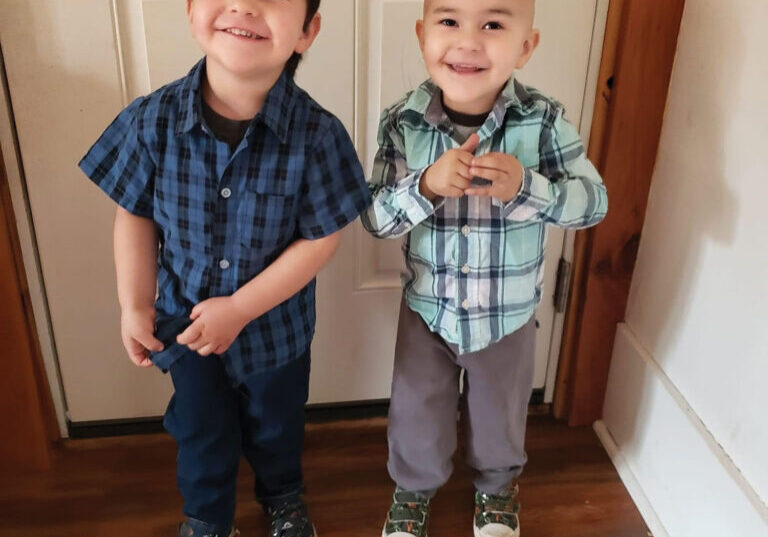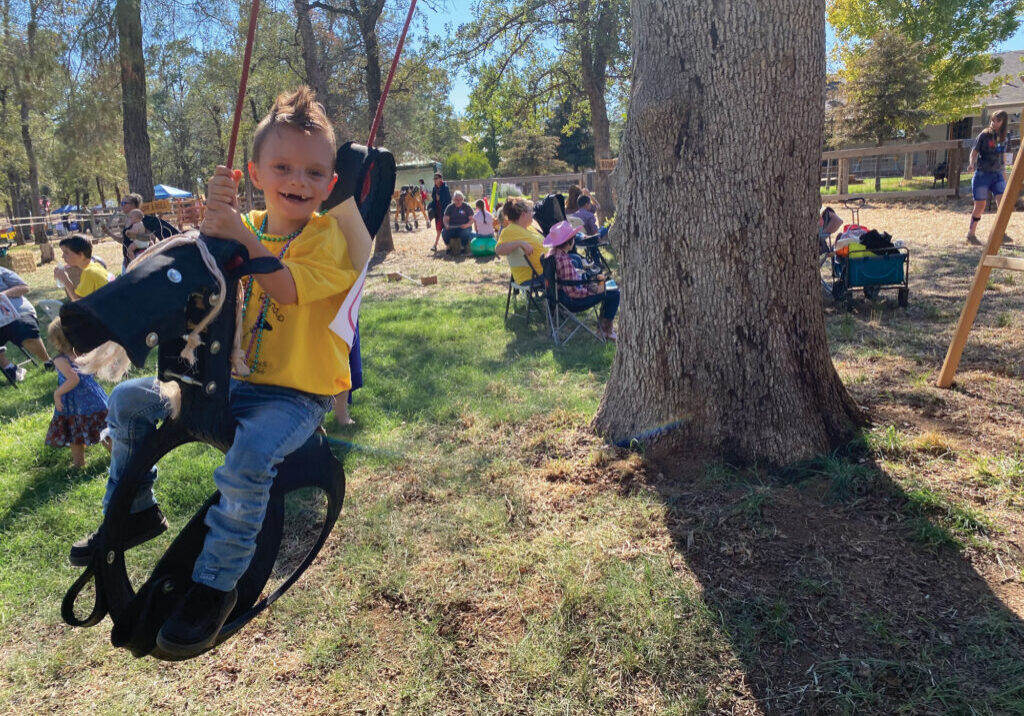In the tapestry of humanity, each person brings their own unique set of characteristics and experiences. This includes neurodivergent individuals whose minds dance to rhythms all their own. The concept of neurodiversity acknowledges and celebrates these differences, recognizing that cognitive diversity is not something to be cured or fixed but rather something to be understood and appreciated.
What does it mean to be neurodivergent?
Have you ever known someone who seems to process information or interact with the world in a way that is different from others? Perhaps they have a heightened sensitivity to stimuli, struggle with social cues or excel at pattern recognition. They may have uncommon interests or struggle to conform to societal norms. These are all characteristics of neurodivergence.
Neurodivergence is a broad term that includes conditions like autism spectrum disorder (ASD), attention deficit hyperactivity disorder (ADHD), dyslexia, Tourette syndrome and more. Rather than viewing these conditions as deficits or disorders, the neurodiversity movement frames them as natural variations in the human brain.


The spectrum of neurodiversity
It’s difficult to pinpoint the exact number of neurodivergent people as many go undiagnosed or misdiagnosed, making it difficult to estimate the true prevalence. Neurodiversity isn’t a binary or a linear scale but a multidimensional space where each person’s neurocognitive profile can vary widely.
Neurodivergent individuals often experience the world in unique ways. For instance, someone with ASD might have heightened sensory sensitivity, exceptional memory for details or deep knowledge of specific interests. A person with ADHD may have boundless energy and trouble focusing but exhibit remarkable creativity and the ability to think outside the box.
Recognizing and accepting neurodivergence
Acceptance begins with the understanding that differences in brain functioning are natural and valuable. It’s about seeing the person first, not the diagnosis. Recognizing neurodivergence means listening to neurodivergent voices, learning from their experiences and challenging stereotypes and assumptions.
Accepting your child’s neurodivergence is imperative for their development and well-being because it nurtures an environment where they can thrive on their own terms. When a child feels understood and valued for who they are, it builds a strong foundation of self-esteem and confidence. When kids are accepted for who they are, it allows them to use their strengths and perspectives to contribute to society in meaningful ways.
As a parent to neurodivergent children, I’ve realized how crucial our role is in paving the way for a more understanding world. Learning about neurodiversity and sharing that knowledge is essential in breaking down misconceptions and reducing stigma. I’ve seen the difference it makes when my kids have access to accommodations like a quiet space or the option to use noise-canceling headphones. I’ve also seen significant growth in both children after we tailored their learning to include things that highlight their strengths and motivate them to learn.
Celebrating Cognitive Differences
Raising neurodivergent kids isn’t easy by any means – each day brings its own set of challenges. Celebrating differences doesn’t negate these challenges. It’s about shifting the narrative from what they can’t do to what they can do extraordinarily well. We celebrate by creating opportunities for them to use their natural abilities in ways that bring them joy and success, giving them the platform to shine in their unique ways.
Whether it’s their remarkable memory, attention to detail, creative thinking or intense passion for specific subjects, we focus on and value our children’s gifts and extraordinary traits. Each of us, with our unique minds and talents, contributes to the world in our own way. By embracing and supporting neurodiversity, we create a more inclusive and compassionate society that benefits all of us.
Posted in: Special Needs, Uniquely Us
Comment Policy: All viewpoints are welcome, but comments should remain relevant. Personal attacks, profanity, and aggressive behavior are not allowed. No spam, advertising, or promoting of products/services. Please, only use your real name and limit the amount of links submitted in your comment.
You Might Also Like...

Halloween Tips for Families Of Kids With Diverse Abilities
Although Halloween can be a fun time for kids of all abilities, it often can be overwhelming for kids with special needs. They may have trouble with the loud noises, […]

Ridgeline Pediatric Provides Childcare for Medically Complex Kids
Parents of medically fragile children often face a unique set of challenges when it comes to finding childcare. Not only do these parents need to find someone willing to care […]

For Parents of NICU Babies, the Risk of Developing PTSD is Real
The emotional stress that parents experience when they have a child in the Neonatal Intensive Care Unit (NICU) can last long after their baby is discharged. Years later, certain sounds, […]

Special Education Teachers Have Challenging, Rewarding Careers
Teaching students with special needs is a challenging, rewarding career. Special education programs are designed for students with intellectual, developmental, physical, or emotional delays which can place them behind their […]



